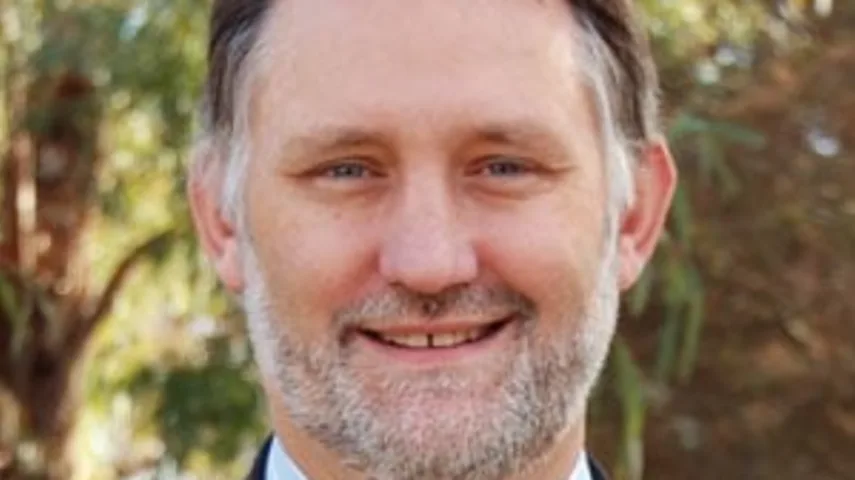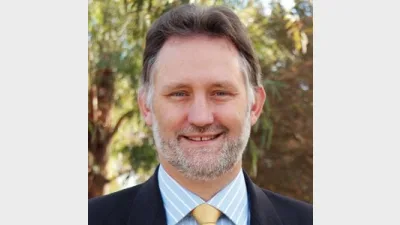Fee disclosure requirements problematic



The fee disclosure statement arrangements within the Government's Future of Financial Advice (FOFA) changes are ultimately going to deliver clients less information than they are currently receiving, according to Premium Wealth Management chief executive Paul Harding-Davis.
Davis has told Money Management that he is struggling to see the benefits the fee disclosure statement arrangements will deliver to consumers, except that they will be receiving the more limited information provided in the statements more frequently.
Harding-Davis' criticism of the fee disclosure statement arrangements have come at the same time as groups such as the Association of Financial Advisers have expressed concern that the changes will create particular challenges for planners who have recently purchased new books of clients.
They said this complexity is likely to be magnified if the purchase of those books of clients was brokered through a third party major such as AMP Limited or MLC.
"Much will depend on just how much information relating to that book of clients was captured and delivered to the new planner, enabling them to understand what was promised and what, ultimately, was delivered," one spokesman said.
Harding-Davis said the bottom line was that the fee disclosure statement arrangements were unduly administratively complex and had the potential to create a real headache for those planners seeking to service recently-acquired books of clients.
Recommended for you
The RBA has made its latest interest rate decision at the the final monetary policy meeting of 2025.
State Street is actively seeking to launch ETFs in the Australian government, corporate and high yield bond space next year in order to capitalise on the phase-out of AT1 hybrids.
Greater consistency across the ASIC adviser exam has helped boost the number of first-time candidates this year with many opting to sit before undertaking a Professional Year.
Financial advice practice Eureka Whittaker Macnaught is in the process of acquiring three firms to boost its annual revenue to $25 million.











